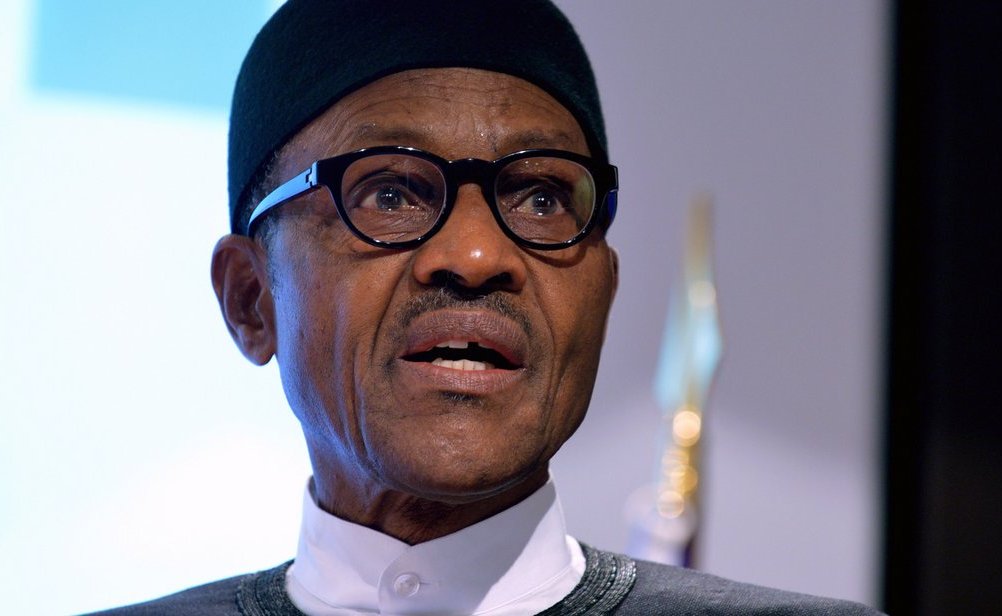No more subsidy to oil marketers, says FG

The Federal Government, yesterday, explained why the Nigerian National Petroleum Corporation (NNPC) is shortchanging Nigerians to fund importation of petrol at cost higher than ₦143 per litre.
Minister of Finance, Kemi Adeosun, made the explanation after a four and half hours Federal Executive Council (FEC) meeting presided over by President Muhammadu Buhari.
Adeosun, who briefed State House Correspondents at the council’s briefing room at the Presidential Villa, said that though technically there was no longer subsidy paid to oil marketers, NNPC was currently under recovering as it is the sole importer of the product and selling below the cost price, thereby losing huge amount of money to defray the extra cost of importation of the product.
She explained that the effect of this was being borne by all tiers of government including ordinary Nigerians, which reflects in the downward trend in the accrual into the Federation Account.
Recall that NNPC had on Monday in Abuja revealed that the Federal Government was indebted to it to the tune of ₦170.6 billion in outstanding subsidy payments due from January 2006 to December 2015.
The Group Managing Director of the corporation, Dr. Maikanti Baru, while speaking at the ongoing investigative hearing on ₦5 trillion subsidy payments from 2006 to 2016, said the figure was arrived at after deduction of ₦4.950.80 trillion received as payments from the ₦5.121.40 trillion approved subsidy claims of the corporation from January 2006 to December 2015.
Recall also that the 36 governors of the federation on the platform of Nigeria Governors Forum (NGF), had last week, accused NNPC of failure to remit to the Federation Account the Joint Venture Cash Call (JVCC) for five years.
According to them, this took place when the JVCC was high as the oil price was about $110 per barrel.
Adeosun, while responding to questions on who pays the differentials between ₦171 landing cost for petroleum and ₦145 pump price, said “on the question of subsidy, the price of oil for Nigeria today is a double edge sword. So for every dollar that goes up, we get more revenue but also because we are importing refined petroleum, the landing cost of fuel is increased.
“So for every time we get excited that the oil price is going up, there is also a knock on effect on the price of imported PMS and that is a function of our not having refining capacity. It is one of the unfortunate impacts of that.
“Now, when there is talk of payment of subsidy, technically today, there is no subsidy but there is under recovery. Why that is so is because NNPC is currently doing all the importing. It is importing at a higher price than it is selling, which means it is losing money. This means effectively that the loss is being borne by everybody and it is reflected in the Federation Account.
“So there is no subsidy payment in the way the old subsidy scheme used to work where they were paying the oil marketers but there is an under recovery, a loss on the importation of PMS being borne by NNPC and therefore indirectly being borne by everyone one of us.”
On the budget benchmark and excess crude, the minister said, “let me explain how the price is structured. The budget is a function of price and quantity. Excess crude kicked in when both price and quantity are exceeded. Now, if you look at the oil price for last year and most of this year, and quantity, the quantity has frequently been below the target and so you don’t necessarily get the straight credit into exceed crude as a result of oil price.
“Having said that, with the oil price consistently higher now, we should begin to start seeing some accruals into our excess crude going forward because we are starting to see some recovery in quantity. But remember that the quantity estimate is 2.5 million barrels per day and it must be consistent everyday and the price above the benchmark before you get automatic credit into excess crude. Having said that, what we expect this year is to begin to accumulate funds into the excess crude.”









0 Comments